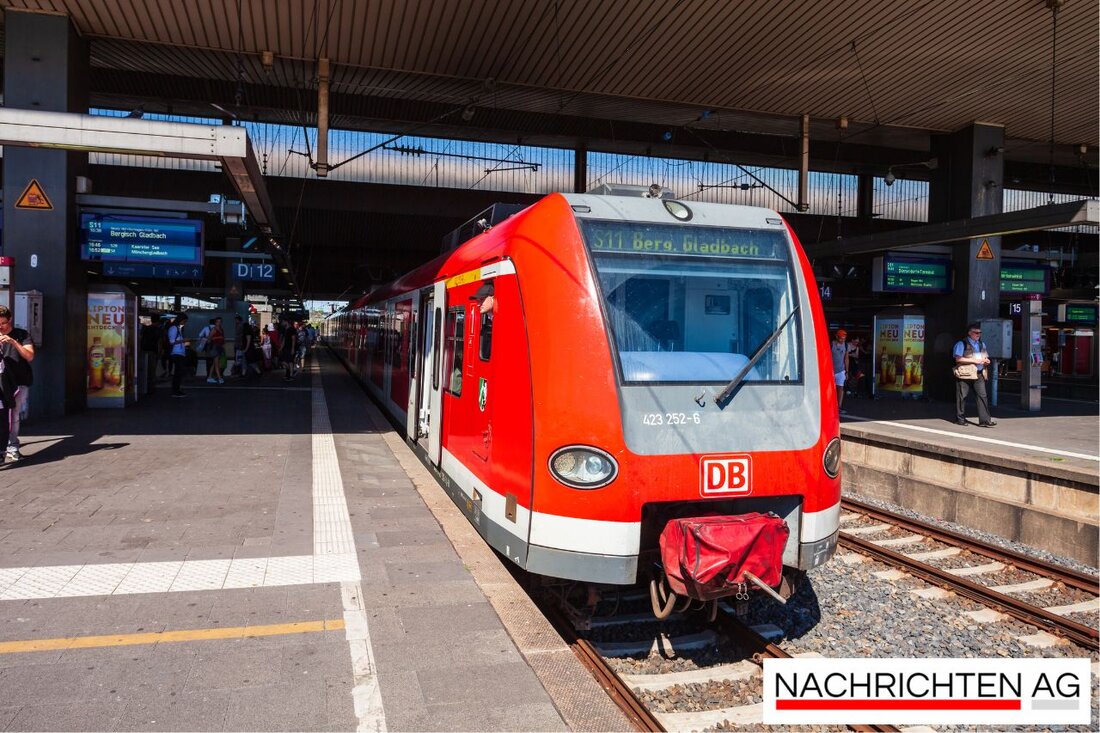Complete closure of Berlin-Hamburg: Experts warn of travel chaos!
The full renovation of the railway line between Berlin and Hamburg will begin on August 1, 2025 and will take 9 months.

Complete closure of Berlin-Hamburg: Experts warn of travel chaos!
From August 1, 2025, the 280 kilometer long railway line between Berlin and Hamburg will be completely closed for a full nine months due to extensive general renovation. Deutsche Bahn is investing a whopping 2.2 billion euros in this project. However, critics fear that this amount is not enough to carry out the necessary work properly. The lack of installation of the European train control system ETCS, which is justified by the high costs and complexity of implementation, is cause for concern. Instead of the originally planned twelve transfer points, only six are now being built, which leads critics of the renovation to the assessment that it is a mere “detailed renovation,” as is the case Northern Courier reported.
Transport Minister Patrick Schnieder (CDU) is responsible for the planning, while Christian Görke, member of the Bundestag from the left-wing faction, is calling for temporary single-track access during the construction period. This means additional inconvenience for passengers, as the replacement service could cause travel times to be up to three hours longer. Görke sees a need for the federal government and the railways to actively contribute to the costs of replacement transport, as real chaos threatens the affected regions of Brandenburg and Mecklenburg-Western Pomerania.
Extensive changes to the transport offering
The route between Hamburg and Berlin will bring significant changes to long-distance and regional transport in the coming period. Loud German railway The travel time between the two cities will be extended by 45 minutes. The ICE connections have up to 65 daily trips, although only 36 of them are offered directly. This poses major challenges for travelers in particular.
In addition, there will be a number of changes in regional transport. The RE8, RE6, S1 and RB73 lines are affected, and new direct connections such as the RE85 from Schwerin to Berlin every 2 hours are being introduced. Replacement buses will be offered between Neuruppin and Kremmen and for other rerouted routes to maintain mobility during construction work. The DB has more than 180 kilometers of tracks and around 200 switches in mind to ensure the modernization and improvement of the infrastructure.
Long-term infrastructure investments
The background to these extensive measures is part of a larger trend: The federal government is planning to invest a total of 166 billion euros in infrastructure by 2029. Around 107 billion euros are earmarked for rail - the largest part of the investments, such as daily news communicates. These investments are a step in the right direction to sustainably renovate the dilapidated railway line and improve punctuality and reliability in the long term.
Although DB welcomes the additional funds, it calls for stable commitments beyond 2027 for long-term planning. With this wave of renovations, more than 40 heavily used routes will also be modernized. At the same time, the modernization of around 100 train stations into “train stations of the future” is being pushed forward in order to offer travelers better information and facilities.
The next few months promise a huge challenge for passengers and the railway. It remains to be hoped that the necessary measures will lead to a noticeable improvement in rail traffic.

 Suche
Suche
 Mein Konto
Mein Konto